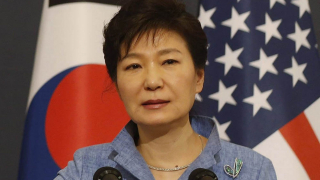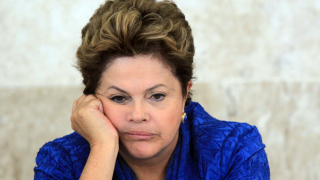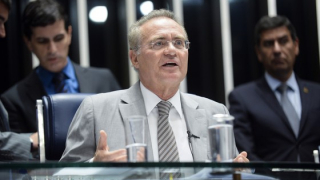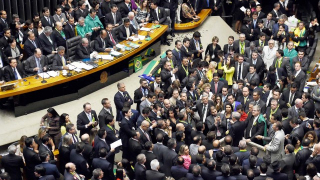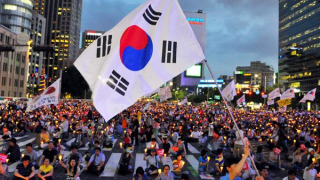21.11.2016
The opposition has begun collecting signatures for the impeachment of the President of South Korea Park Geun-hye, said Choo Mi-ae, the leader of The...
Brazil's Supreme Court has admitted that the request for starting the procedure of impeaching the incumbent president is unconstitutional. This means...
The Brazilian Democratic Movement Party (PMDB) have withdrawn from the coalition government, thereby increasing the chances of President Dilma...
10.03.2017
South Korea's Constitutional Court upheld the impeachment of President Park Geun-hye on Friday, removing her from office over a graft scandal...
14.11.2016
Peruvian President Pedro Pablo Kuczynski said that the TPP project is likely to be revised. At the same time, he stressed that a similar arrangement...
01.09.2016
After the final vote most of the senators expressed support for the impeachment of President Dilma Rousseff, many Latin American countries expressed...
02.12.2016
José Renan Calheiros, the current President of the Senate of Brazil was accused of corruption. However, he is still remaining at his post.
Calheiros...
26.08.2016
The Senate will consider views "for" and "against" the removal of the President of the country from power.
21.10.2016
Several district courts in Venezuela have not recognized signatures of voters in supporting a referendum on the impeachment of President Nicolas...
12.11.2016
One of the largest anti-government protest marches in decades has been held in Seoul. One million people turned out to call for the resignation of...
05.01.2017
South Korean lawmakers on Thursday accused President Park Geun-hye of "broadly and gravely" violating the constitution as the country's...
17.11.2016
The APEC summit begins in Peru November 17th, which will last for three days. A number of important meetings could happen during the summit that...


